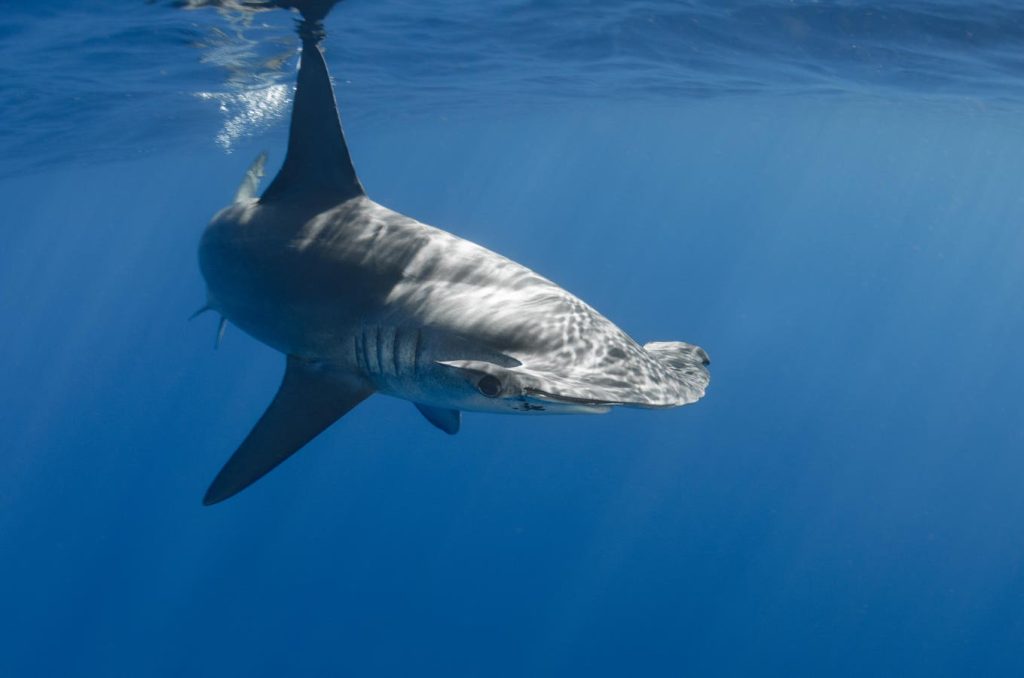A groundbreaking discovery has been made in the waters around the Galapagos Islands that has excited marine biologists and conservationists. The national park team has identified a potential breeding ground for smooth hammerhead sharks, a rare find that could change our understanding of these elusive creatures. Hammerhead sharks are an iconic species in the Galapagos but are critically endangered, making this discovery even more important. Limited data on the species’ life history and dwindling population due to overfishing highlight the urgency of protecting them.
The discovery was made during an expedition led by scientists from Greenpeace in the Galapagos Marine Reserve, a protected area known for its rich biodiversity. A young female smooth hammerhead shark was tagged near Isabela Island, the largest in the archipelago, to track her movements and confirm if she frequents a breeding area. Ongoing research and monitoring efforts are crucial to confirm the significance of this discovery and inform conservation strategies for the protection of smooth hammerhead sharks in the Galapagos and beyond. The scientists are preparing for sustained efforts to gather more data and understand the extent of this potential breeding ground.
Specific locations of the nurseries have been kept confidential to protect the species, but two other areas with similar characteristics have been identified on nearby islands in the Galapagos Marine Reserve. These nurseries have been included in a list of important areas for shark conservation under the IUCN. The discovery underscores the importance of preserving the fragile marine environments of the Galapagos, which have given rise to unique species thanks to their isolation and unique environmental conditions. As human activities continue to threaten marine ecosystems worldwide, proactive measures are needed to safeguard these habitats.
Efforts to protect the Galapagos Marine Reserve have been ongoing for decades, with strict regulations in place to minimize human impact on delicate ecosystems. Illegal fishing, climate change, and pollution remain challenges to conservation efforts in the area. Education and awareness are crucial in rallying support for conservation initiatives, with the hope that news of this discovery will inspire action. Supporting local conservation initiatives, advocating for sustainable fishing practices, and spreading awareness are all ways individuals can contribute to preserving the natural wonders of the Galapagos. The discovery of a potential breeding ground for smooth hammerhead sharks highlights the importance of continued conservation efforts in protecting the unique marine biodiversity of the Galapagos Islands.


